Ukraine given access to Clearview AI's controversial facial recognition tech
The tech will be used to recognise Russian soldiers, tackle misinformation, and identify the deceased

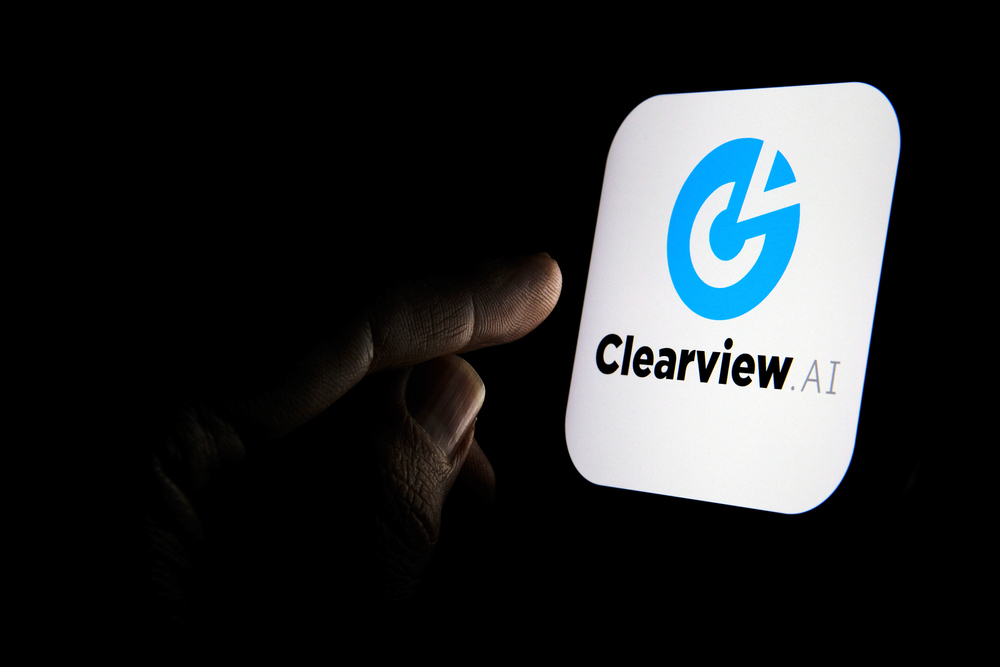
Clearview AI is providing Ukraine’s defence ministry with free access to its facial recognition technology, the company has confirmed.
The facial recognition software is being used to identify Russian soldiers, tackle misinformation, reunite displaced families, and identify the deceased - as other forms of identification, including fingerprint scanning, become increasingly challenging due to heavy bombardment.
Initially reported by Reuters, the New York-based company has since confirmed to IT Pro that "Clearview AI has provided it's groundbreaking facial recognition technology to Ukrainian officials for their use during the crisis they are facing".
It comes after CEO and co-founder Hoan Ton-That sent a letter to the Ukrainian government offering support following the Russian invasion on 24 February.
In the document, seen by IT Pro, Ton-That claims that Clearview AI has access to over 2 billion images obtained through the Russian social media service VKontakte that can be used to identify Russian soldiers. VKontakte is the most popular social network in Russia, with an estimated 400 million registered users.
Clearview AI, which was founded in 2017, has an overall image database of more than 10 billion photos. In 2021, it was found to have violated GDPR, as well as Australia’s privacy laws, and has been hit with cease and desist notices from the likes of Facebook and Twitter for scraping public images for its systems.
RELATED RESOURCE
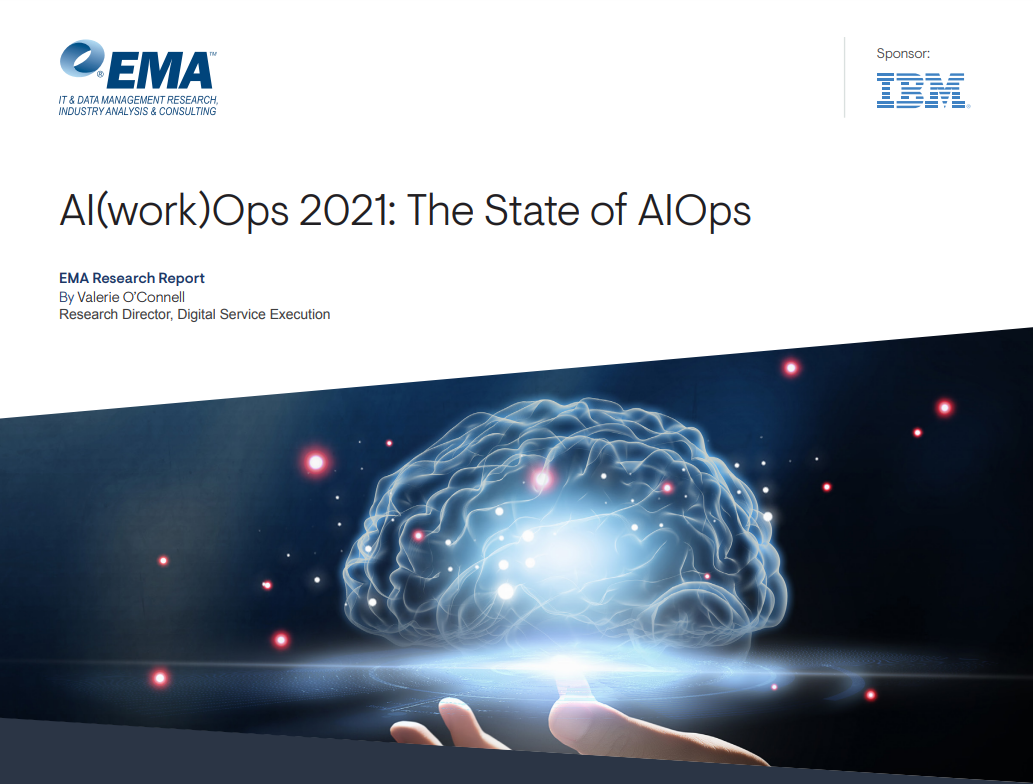
The startup was also found to have broken "several" data protection laws in the UK, with the ICO issuing Clearview AI with a provisional fine of £17 million.
Sign up today and you will receive a free copy of our Future Focus 2025 report - the leading guidance on AI, cybersecurity and other IT challenges as per 700+ senior executives
A number of tech giants had reached out to assist Ukraine’s military amidst the Russian invasion, offering support ranging from financial aid to cyber security defences. Businesses including Apple, Cisco, SAP, Microsoft, AMD, Intel, and TSMC also made the decision to pull their operations out of Russia, yet some were criticised for their slow response.
Amazon Web Services (AWS) was the subject of protests during Barcelona’s MWC, before it announced on 9 March that it would no longer accept new subscriptions from Russia and its ally Belarus.
Amazon also stated that it’s working with NGOs and employees to offer immediate humanitarian assistance to Ukrainian citizens, having donated $5 million to organisations providing critical aid on the ground, including UNICEF, UNHCR, World Food Program, Red Cross, Polska Akcja Humanitarna, and Save the Children.
Having only graduated from City University in 2019, Sabina has already demonstrated her abilities as a keen writer and effective journalist. Currently a content writer for Drapers, Sabina spent a number of years writing for ITPro, specialising in networking and telecommunications, as well as charting the efforts of technology companies to improve their inclusion and diversity strategies, a topic close to her heart.
Sabina has also held a number of editorial roles at Harper's Bazaar, Cube Collective, and HighClouds.
-
 Microsoft unveils Maia 200 accelerator, claiming better performance per dollar than Amazon and Google
Microsoft unveils Maia 200 accelerator, claiming better performance per dollar than Amazon and GoogleNews The launch of Microsoft’s second-generation silicon solidifies its mission to scale AI workloads and directly control more of its infrastructure
-
 Infosys expands Swiss footprint with new Zurich office
Infosys expands Swiss footprint with new Zurich officeNews The firm has relocated its Swiss headquarters to support partners delivering AI-led digital transformation
-
 Five things to consider before choosing an MFA solution
Five things to consider before choosing an MFA solutionIn-depth Because we all should move on from using “password” as a password
-
 The IT Pro Podcast: Going passwordless
The IT Pro Podcast: Going passwordlessIT Pro Podcast Something you are, or something you have, could be more important than a password you know in the near future
-
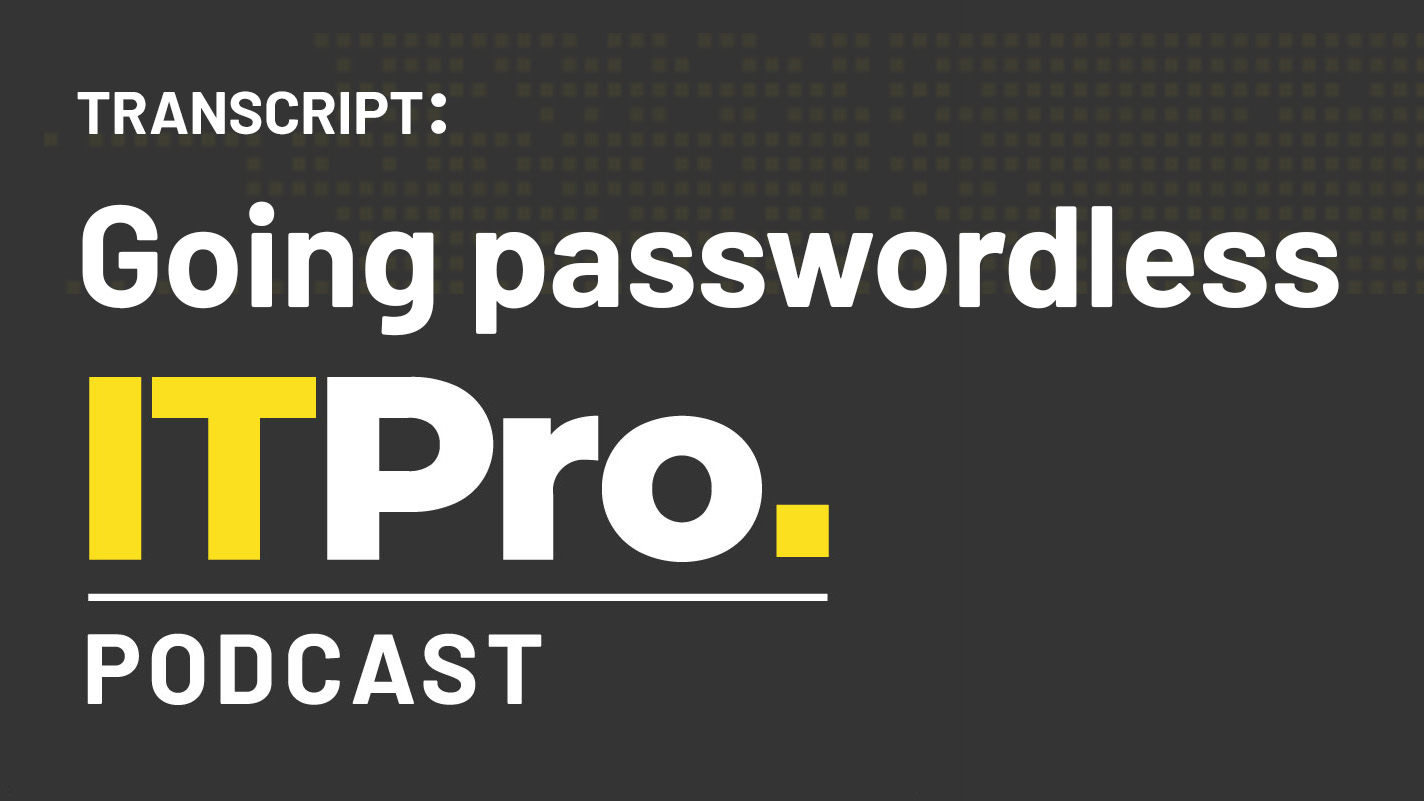 Podcast transcript: Going passwordless
Podcast transcript: Going passwordlessIT Pro Podcast Read the full transcript for this episode of the IT Pro Podcast
-
 UK police fails ethical tests with "unlawful" facial recognition deployments
UK police fails ethical tests with "unlawful" facial recognition deploymentsNews A University of Cambridge team audited UK police use of the tech and found frequent ethical and legal shortcomings
-
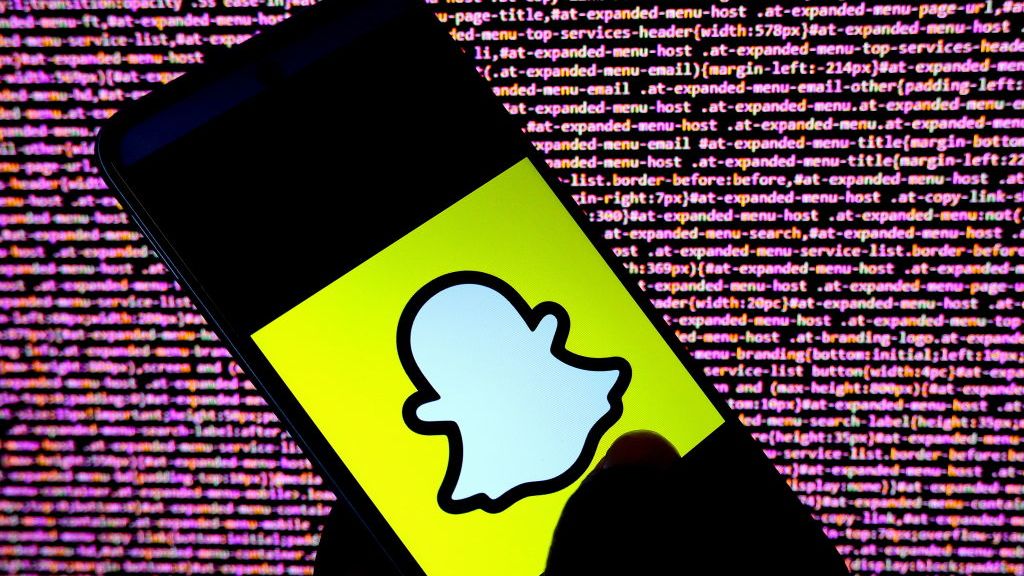 Snapchat settles for $35 million in Illinois biometrics lawsuit
Snapchat settles for $35 million in Illinois biometrics lawsuitNews The social media giant had been accused of improperly collecting, storing facial geometry in violation of state legislation
-
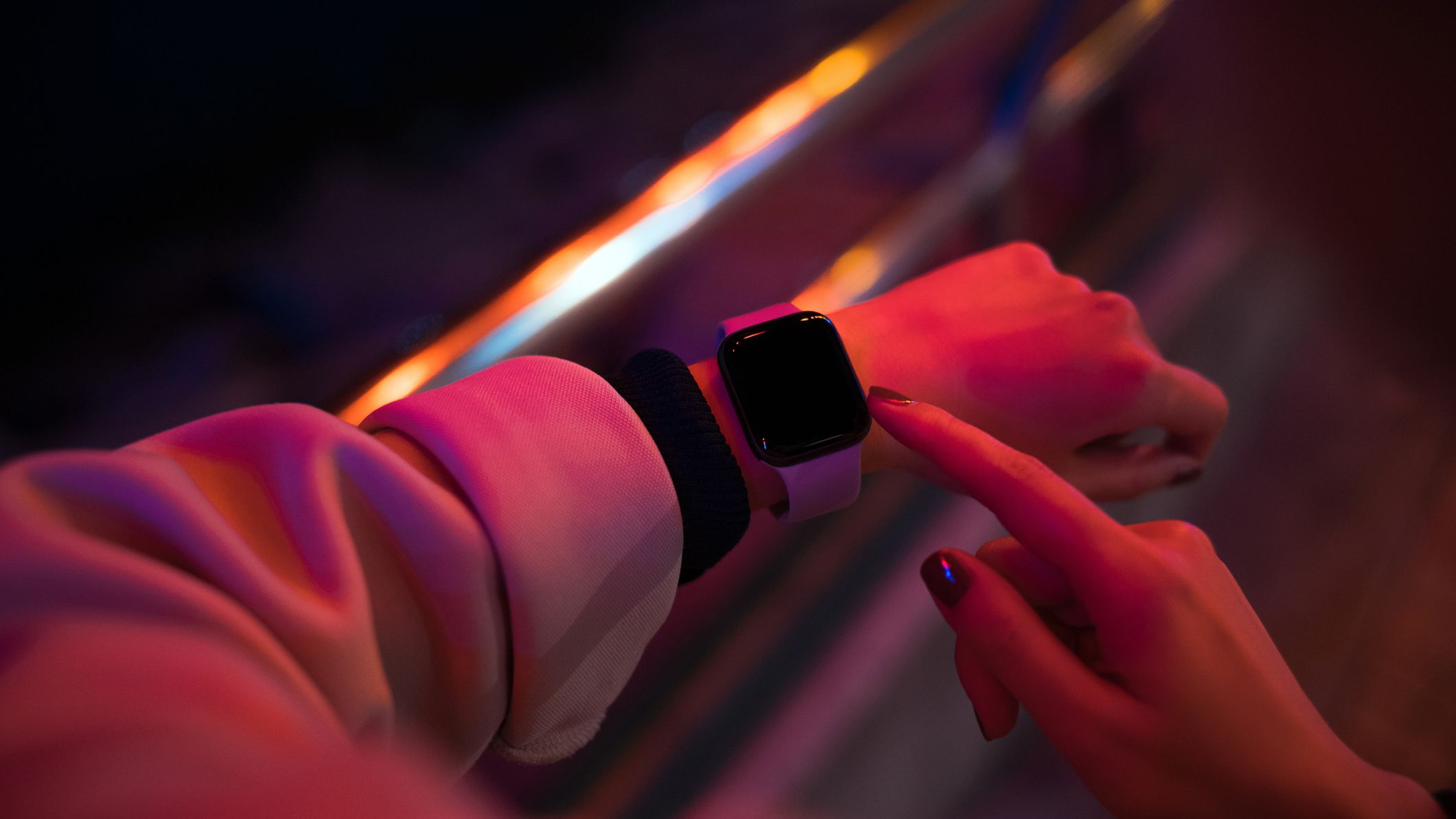 Home Office to collect foreign offenders' biometric data using smartwatch scheme
Home Office to collect foreign offenders' biometric data using smartwatch schemeNews Facial recognition and geolocation data will be matched against Home Office, Ministry of Justice and police databases
-
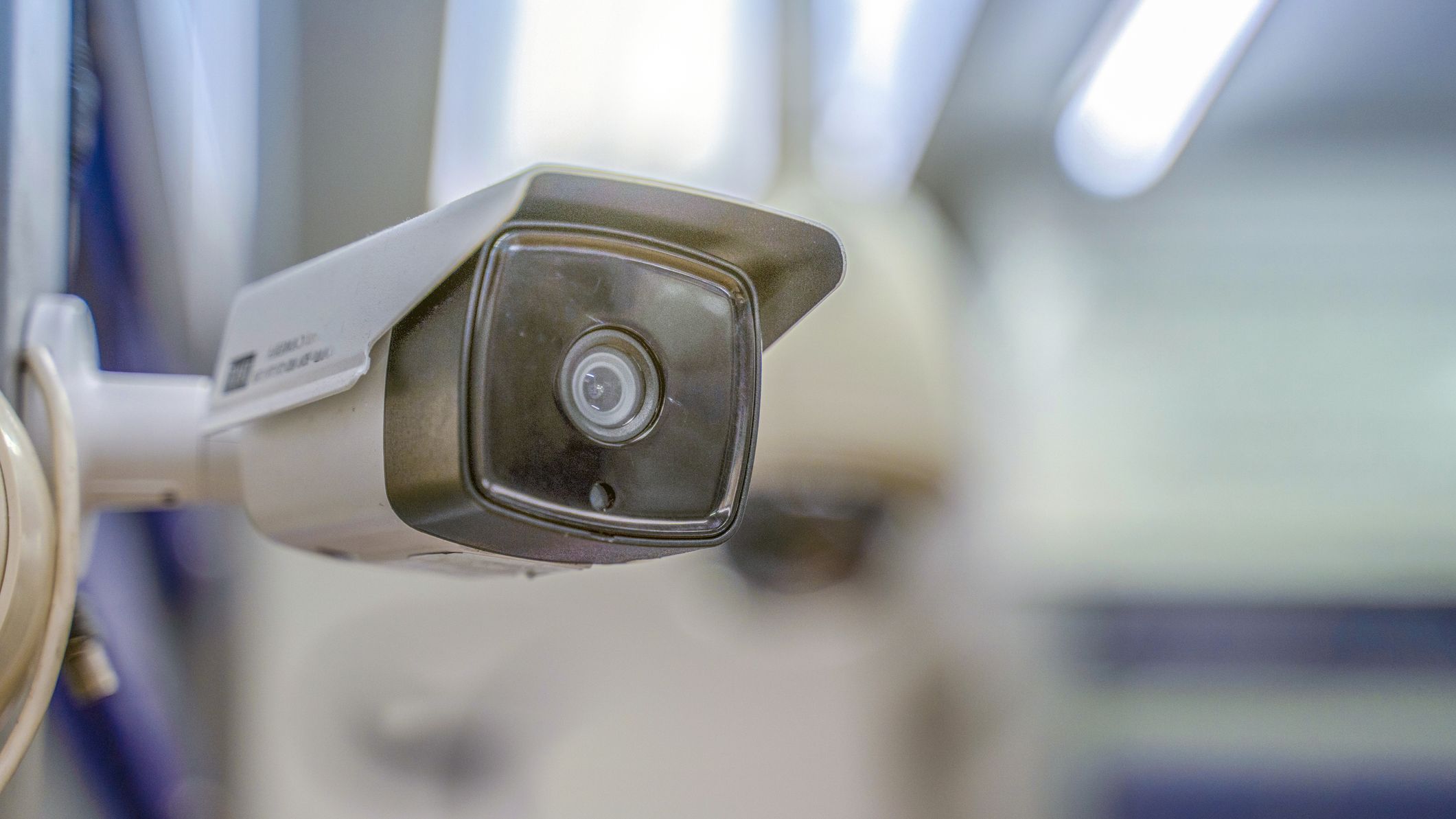 Southern co-operative faces legal complaint for facial recognition CCTV
Southern co-operative faces legal complaint for facial recognition CCTVNews Rights group Big Brother Watch has written to the Information Commissioner to “stop unlawful processing”
-
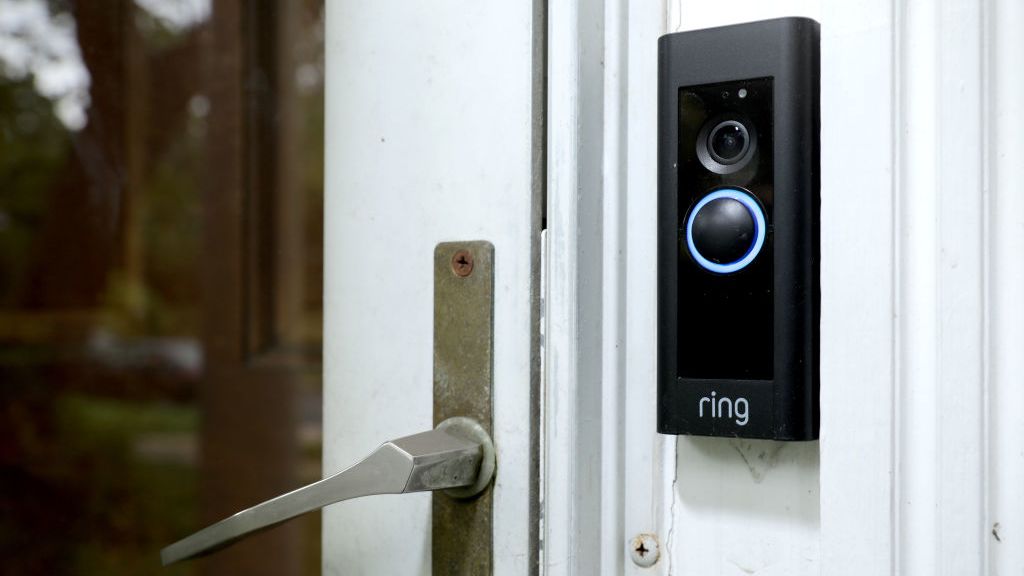 Amazon gave police departments Ring footage without permission
Amazon gave police departments Ring footage without permissionNews The tech giant has done this 11 times this year
